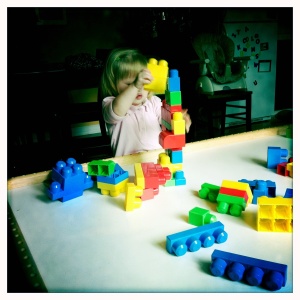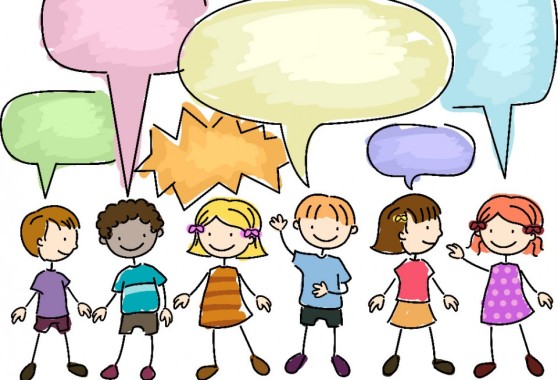 Behind every challenging behavior is an unsolved problem and a lagging skill.
Behind every challenging behavior is an unsolved problem and a lagging skill.
Every child demonstrates frustrating behaviors at times. As they grow and develop, children challenge the world around them, sorting through their own feelings to find an individual voice. Some children demonstrate mental overload by whining, crying, or withdrawing into themselves. Others reveal behavior that is more outwardly-focused, such as yelling, shouting, and spitting.
Still for others, a mental switch is flipped, and being unable to process a situation takes them into a “fight or flight” response where they bolt from the situation, lash out physically, hit, punch, or kick. The problem is, once the switch is flipped, they often don’t have the cognitive capacity to process the situation appropriately. What’s a parent to do?
Language processing problems, and/or anxiety often lie behind an apparent behavior outburst. Consider the following list of skills (adapted from Ross Greene’s “Lost at School”) frequently found lagging in challenging kids:
-Difficulty handling transitions, shifting from one mind-set or task to another
-Difficulty persisting on challenging or tedious tasks
-Poor sense of time
-Difficulty reflecting on multiple thoughts or ideas simultaneously
-Difficulty maintaining focus
-Difficulty considering the likely outcomes or consequences of actions (impulsive)
-Difficulty considering a range of solutions to a problem
-Difficulty expressing concerns, needs, or thoughts in words
-Difficulty understanding what is being said
-Difficulty managing emotional response to frustration so as to think rationally
-Difficulty attending to and/or accurately interpreting social cues/poor perception of social nuances
These skills require quick and flexible thinking. Most children with behavioral challenges already know that we want them to behave. They also would like to behave the right way. What’s lacking are important thinking skills that allow them to regulate their emotions, consider the outcomes of their actions, understand their feelings and those of others, and respond to changes in a plan. Such flexible thinking skills are challenged when the demands in a situation are more than the child is able to handle adaptively.
They aren’t doing it on purpose.
The kids who are most often described as being manipulative are those least capable of pulling it off.
While a clear diagnosis (language processing disorder, attention-deficit disorder, anxiety disorder, etc.) is helpful in pointing us in the right direction, a child is more individual than their own diagnosis. There are also many children who fall through the cracks in receiving a true diagnosis, meaning they don’t fully qualify for all the conditions of that disorder. But you don’t need a diagnosis to have a problem. You just need a problem to have a problem.
The situations which are most challenging for our children vary depending on the strength and development of their organizational and flexible thinking skills. The challenge for parents and professionals is to break down situations where these behavior outbursts are occurring and develop strategies, in collaboration with the child, for better behavior. It is also important to truly address lagging skills in processing and flexible thinking in order to fill the holes a in a child’s development. Children who experience the most success with behavior modifications are those who are considered an integral part of the team, who are asked for their insight, who problem-solve with their parents and teachers, and who are asked for their opinions every step of the way.

For more information on collaborative problem-solving, check out Dr. Ross Greene “The Explosive Child”


One thought on “Kids Do Well If They Can”